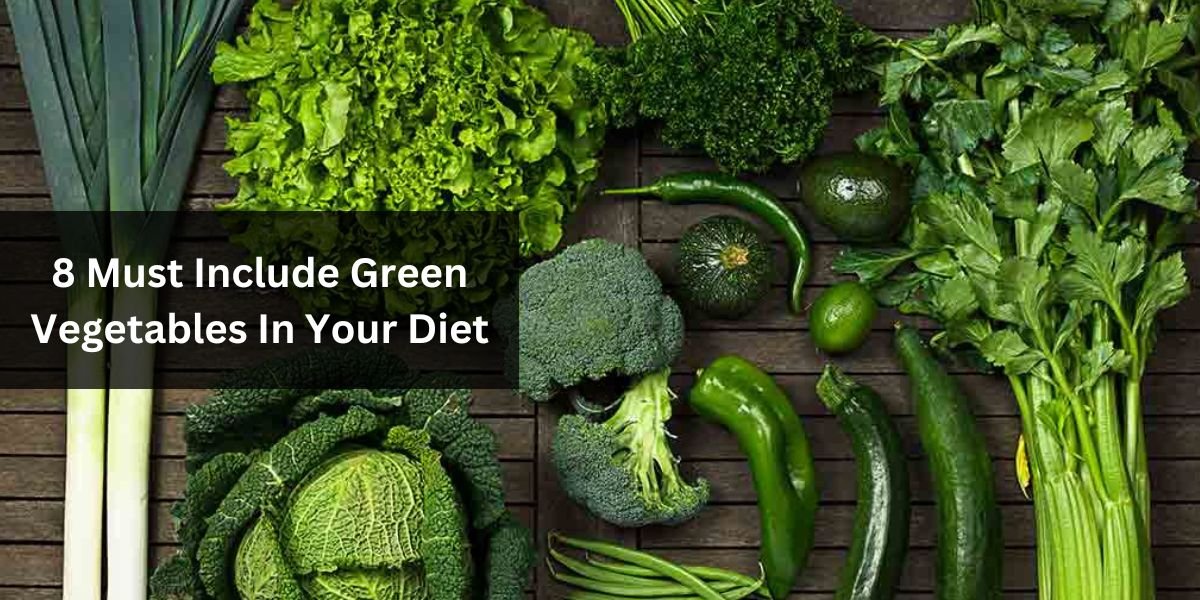Maintaining a balanced and healthy diet isn’t just a trend; it’s a lifestyle that contributes immensely to overall well-being. Among the diverse array of foods available, green vegetables stand out as nutritional powerhouses, offering a plethora of health benefits. From spinach to kale and broccoli to asparagus, incorporating these verdant wonders into your daily meals can significantly elevate your health quotient.
1. Spinach: The Nutrient-Rich Superstar

Spinach, often regarded as a superfood, is loaded with nutrients like iron, vitamins A, C, and K, along with antioxidants and fiber. Whether it’s added to salads, sautéed as a side dish, or blended into smoothies, spinach boosts immunity, aids in digestion, and promotes eye health.
2. Kale: A Cruciferous Champion
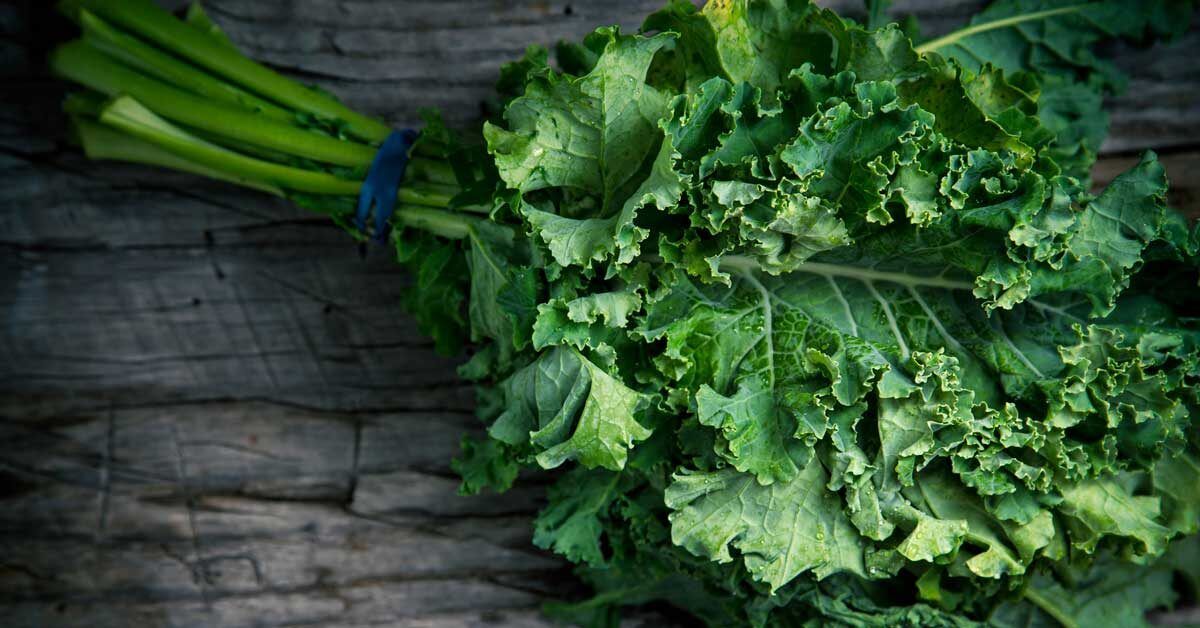
Another green gem is kale, a cruciferous vegetable packed with vitamins K, A, and C. Its versatility allows it to be used in salads, soups, or baked as crispy kale chips. Kale’s powerful antioxidants help reduce inflammation and support heart health.
3. Broccoli: The Nutrient-Packed Florets
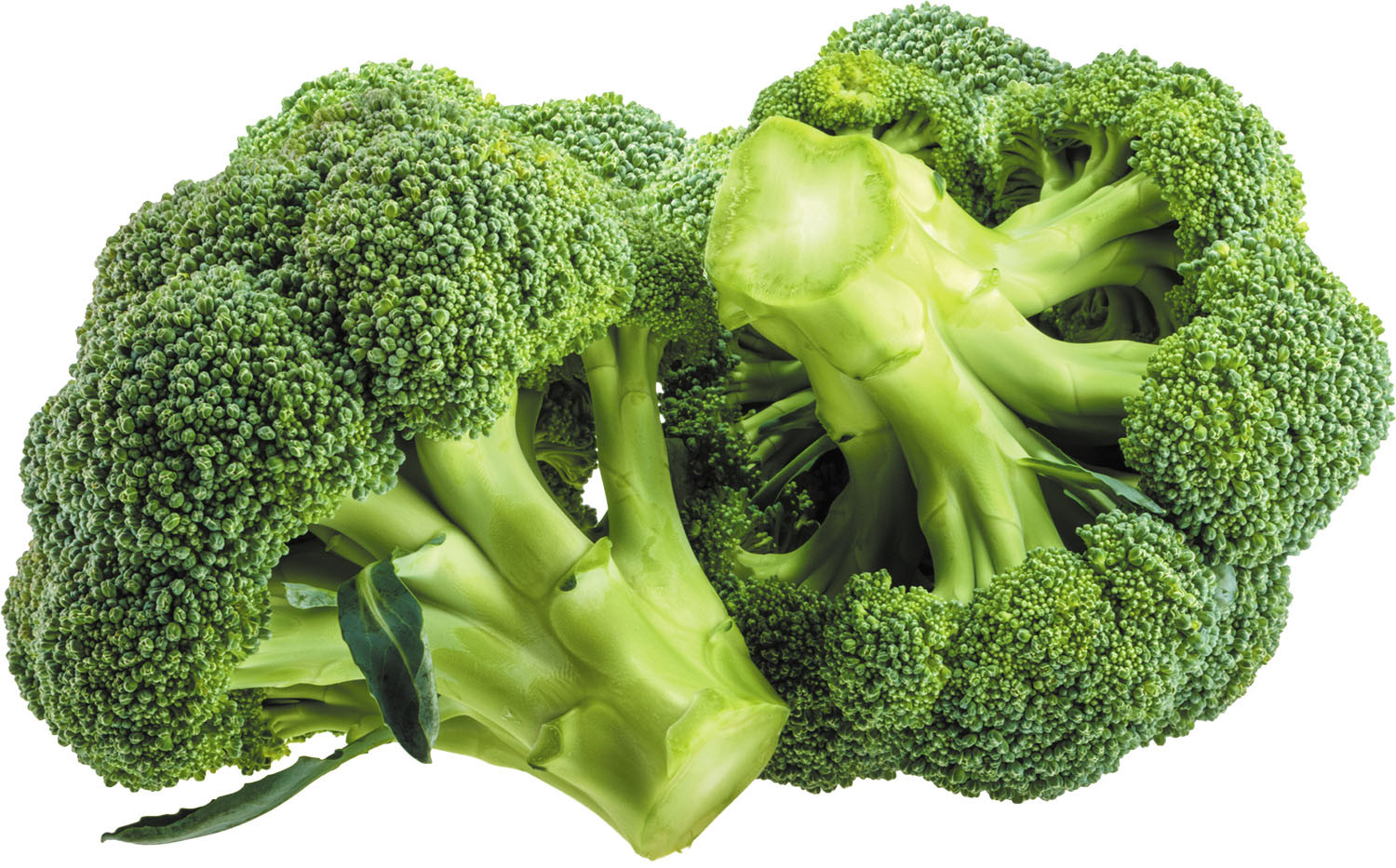
Broccoli, with its high fiber content and abundance of vitamins C and K, is a dietary must-have. Whether steamed, roasted, or stir-fried, this cruciferous vegetable promotes healthy digestion, aids in detoxification, and supports bone health.
4. Asparagus: A Tasty Nutrient-Rich Spear
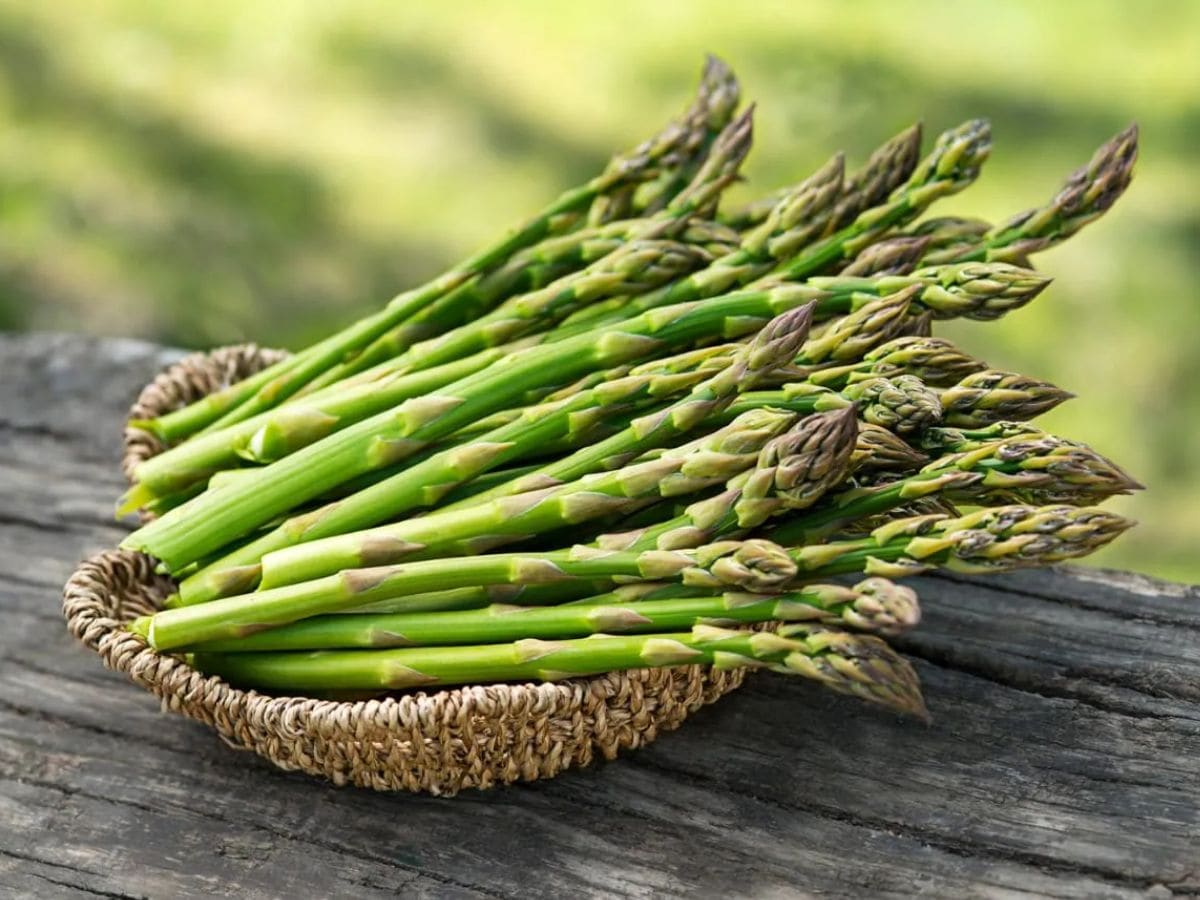
Asparagus not only adds a flavorful touch to dishes but also offers a significant nutritional punch. Rich in folate, vitamins A, C, and K, as well as fiber, this veggie supports a healthy heart, aids in weight management, and is a natural diuretic.
5. Brussels Sprouts: Tiny Nutrient Powerhouses

Brussels sprouts, though small in size, pack a hefty nutritional punch. These mini cabbages are rich in vitamins C and K, fiber, and antioxidants, aiding in maintaining healthy skin, boosting immunity, and supporting gut health.
6. Green Peas: The Versatile Legume
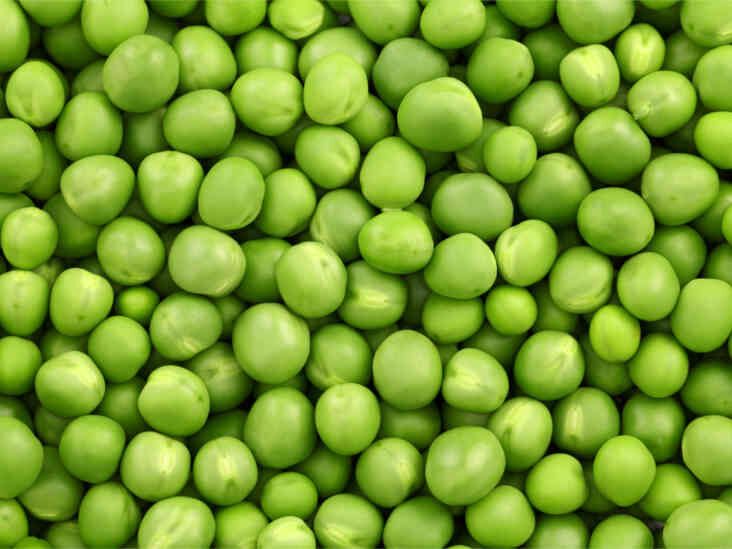
Green peas, often overlooked, are an excellent source of plant-based protein, fiber, vitamins A and C, and antioxidants. Whether added to salads, soups, or enjoyed as a side dish, they contribute to heart health and aid in digestion.
7. Collard Greens: A Southern Favorite
:max_bytes(150000):strip_icc()/20220406_SL_Southern-Style-Collard-Greens_Beauty_1605-9df766d6d96a4d00aeb240165d7a0669.jpg)
Collard greens, a staple in Southern cuisine, boast high levels of vitamins K, A, and C, along with calcium and folate. Incorporating them into your diet supports bone health, aids in detoxification, and helps regulate blood pressure.
8. Swiss Chard: The Colorful Nutrient Booster

Swiss chard, with its vibrant colors and nutritional benefits, offers vitamins A, K, and C, along with magnesium and potassium. Adding it to meals supports healthy bones, assists in regulating blood sugar levels, and aids in the prevention of certain chronic diseases.
Conclusion
Green vegetables aren’t just a colorful addition to your plate; they are a vital component of a healthy diet. Incorporating spinach, kale, broccoli, asparagus, Brussels sprouts, green peas, collard greens, and Swiss chard can significantly boost your overall health and well-being.
FAQs:
1. How often should I consume green vegetables?
Ideally, aim to include green vegetables in your meals every day to maximize their nutritional benefits.
2. Can I replace fresh green vegetables with frozen ones?
Yes, frozen green vegetables retain a substantial amount of nutrients and can be a convenient option when fresh ones aren’t available.
3. Are there any green vegetables to avoid for certain health conditions?
Individuals taking blood-thinning medications may need to moderate their intake of leafy greens high in vitamin K, like kale and spinach.
4. What’s the best way to cook green vegetables to preserve their nutrients?
Steaming, roasting, or lightly sautéing green vegetables helps retain their nutrients better than boiling.
